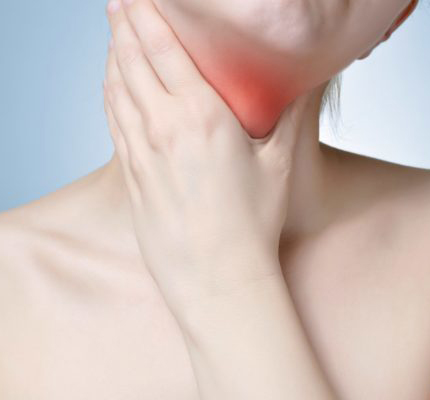
CABBAGE
One of the Brassica family, cabbage provides a rich source of vitamin C – in fact, the vitamin C content of cabbage is greater than that of oranges. It also contains a large number of minerals, including iodine, sulphur, calcium, magnesium and potassium. The outer leaves contain more vitamin E and calcium than the inner leaves. If prepared as sauerkraut, it makes an excellent food for strengthening the intestines and promoting a healthy flora. Cabbage is recommended in natural medicine practice for improving digestion, treating constipation, preventing the common cold and alleviating depression. It also contains a factor called vitamin U, which is a remedy for ulcers, and raw cabbage juice has been reported to assist in the care of both peptic and duodenal ulcers. The recommended method is to drink half a cup of cabbage juice two or three times a day between meals, on an empty stomach. Many of the healing properties of cabbage CABBAGE as a blood purifier are due to its high sulphur content. Grated cabbage can also be made into a poultice to be applied externally in the treatment of wounds, varicose veins and leg ulcers.
CADMIUM
Cadmium is a toxic element – as little as one-half to one ppm in water can be toxic – and, once in the body,admium displaces zinc and accumulates in the kidneys, liver and blood vessels, probably for life. Cadmium occurs naturally in zinc ores, but is also a typical environmental pollutant and, since it is present in car exhaust fumes, it pollutes the air of all major cities. It is also found in cigarette smoke – a 20-pack of cigarettes contains 20 mg of cadmium, half of which is absorbed during smoking. Nickel-cadmium battery plants are well-known sources of pollution, as are incinerators of discarded cars, and zinc and copper smelting plants. Cadmium is also contained in phosphate fertilizers, via which it can contaminate vegetation. Cadmium is also found in drinking water from corroded pipes, especially soft water which increases corrosion.
Cadmium is one of the major contributors to high blood pressure, atherosclerosis, strokes and heart attacks. Emphysema patients have been found to have more cadmium in their kidneys and liver than healthy people – cigarette smoking, in particular, has been associated with emphysema because of the cadmium content of cigarette smoke.
Nutritional protection from the toxic effects of cadmium can be provided by zinc, which replaces cadmium, and by large doses of vitamin C.
CAFFEINE, COFFEE
Caffeine is the most prevalent stimulant in western society since it is present in coffee, tea, cocoa, chocolate and colas, as well as in many over-the-counter stimulants and drugs such as analgesics. It has been estimated that the average daily caffeine consumption per person is 150-225 mg, 75 per cent of which comes from coffee. A cup of coffee contains 50-150 mg of caffeine, while a cup of tea contains about 50mg and a 12-ounce can of cola contains about 35 mg.
However, caffeine consumption in heavy coffee drinkers is far higher – in some cases this can be anything up to 7,500 mg a day! The excessive and prolonged intake of coffee can cause ‘caffeinism’ symptoms such as anxiety, nervousness, insomnia, depression, constipation, frequent urination, duodenal ulcers, high cholesterol, hypertension and heart disease; it is also believed to be involved in a proneness to breast lumps, while coffee drinking during pregnancy is thought to increase the risk of miscarriage. People who are sensitive to caffeinism can exhibit some of these symptoms from as few as two cups of coffee a day. In addition, caffeine inhibits absorption of iron, promoting anaemia, it can create deficiencies of inositol, calcium and magnesium as it interferes with their absorption, and, since it raises the cholesterol level, it can increase susceptibility to heart attack. Coffee is not recommended for people with gout or kidney stones. Caffeine contains purines, which break-down in the body to uric acid, promoting the formation of kidney stones and gouty crystals.
However, a new Harvard study suggests that two to three cups of coffee a day can lower the risk of developing gallstones. Externally, coffee can be used in anemas and in poultices to heal bruises.
